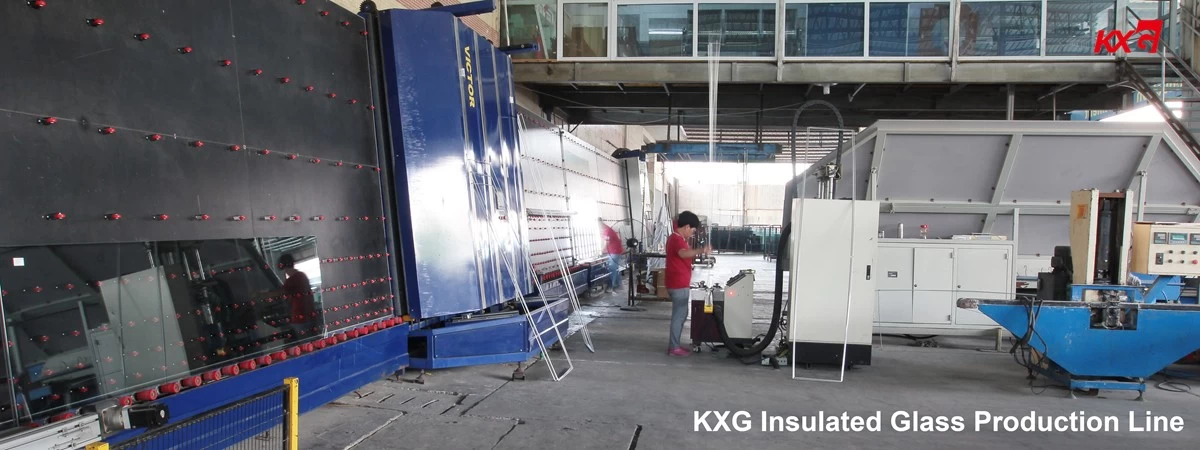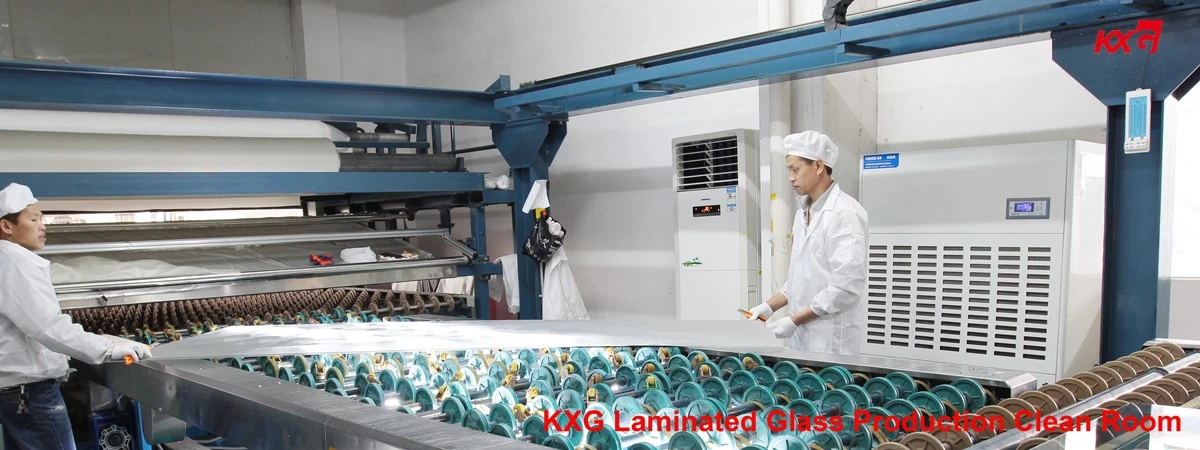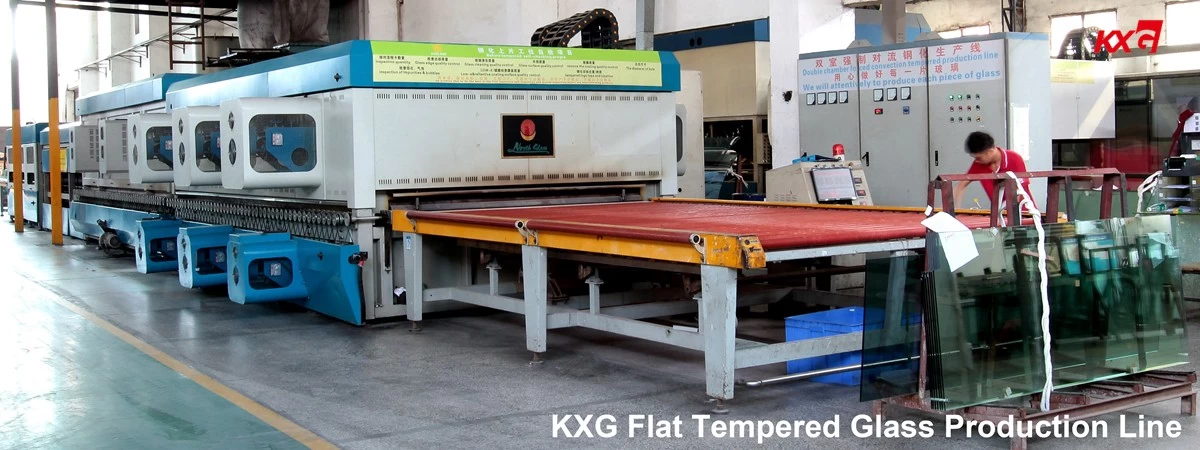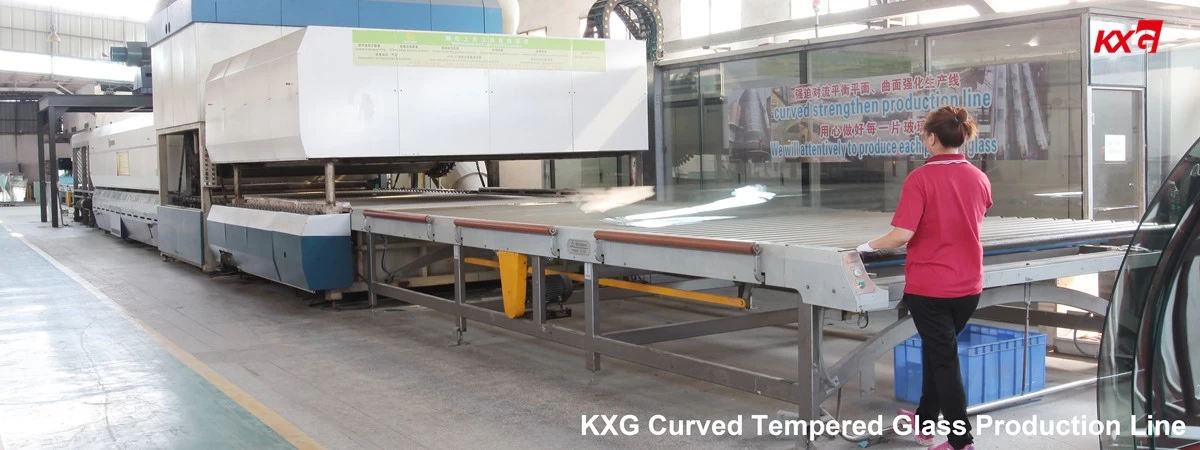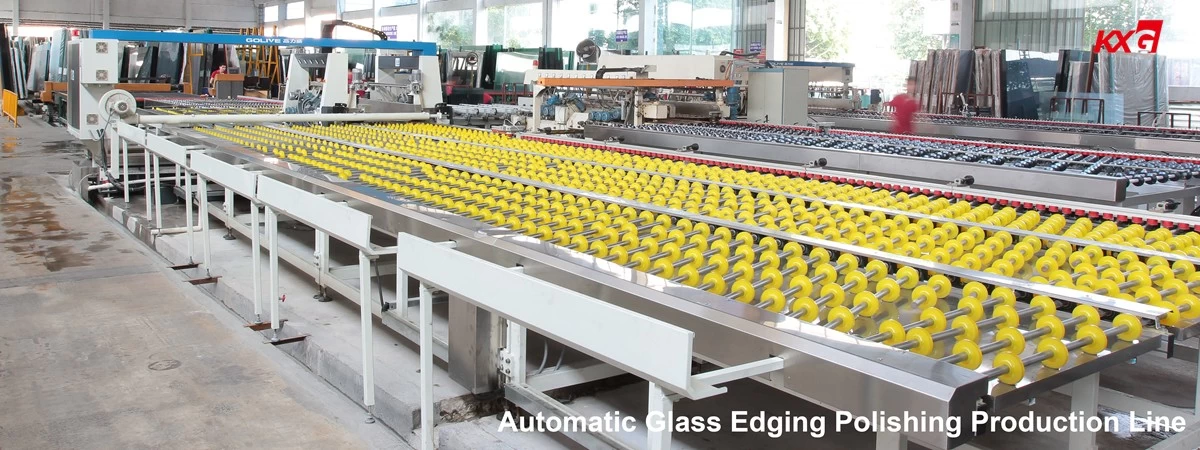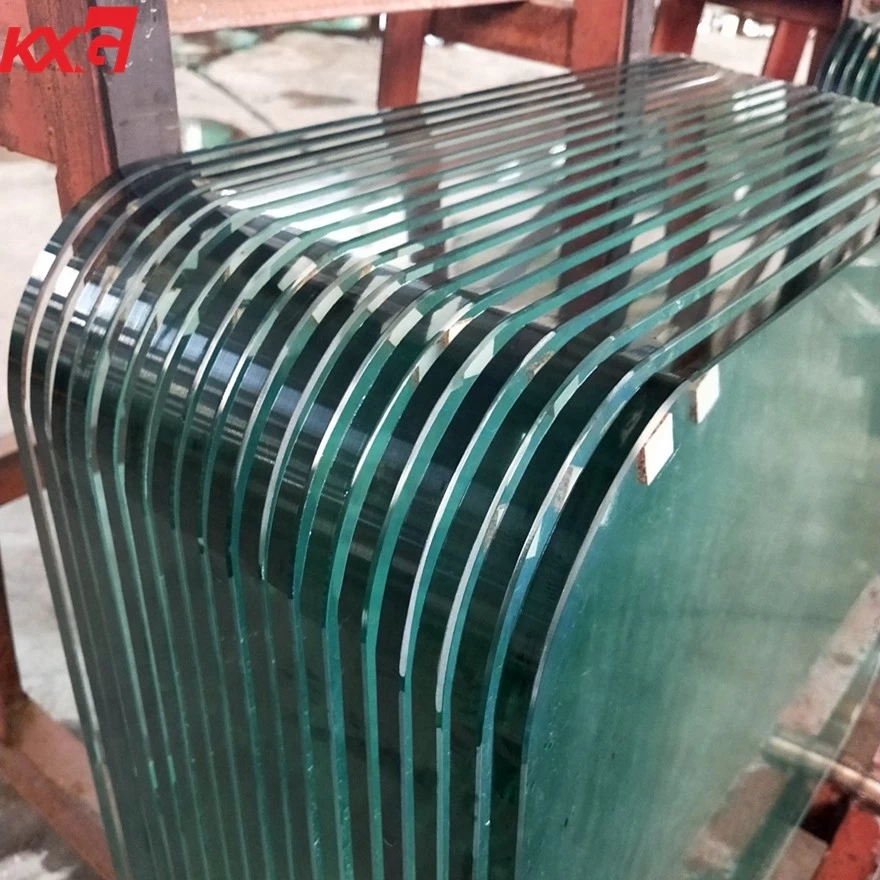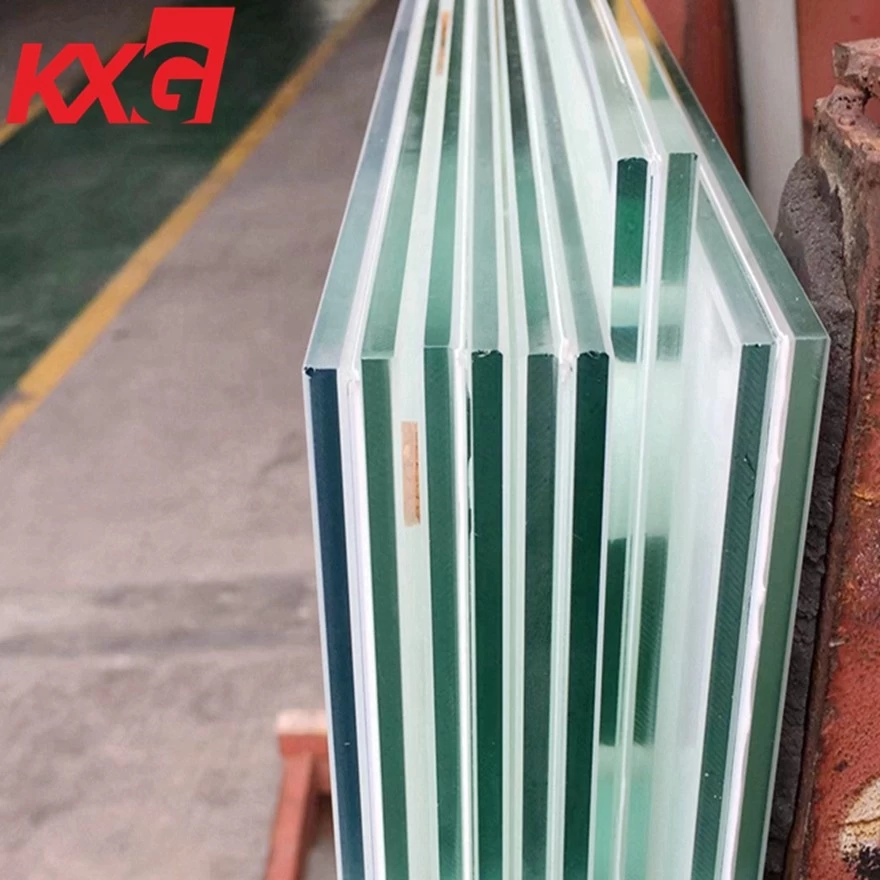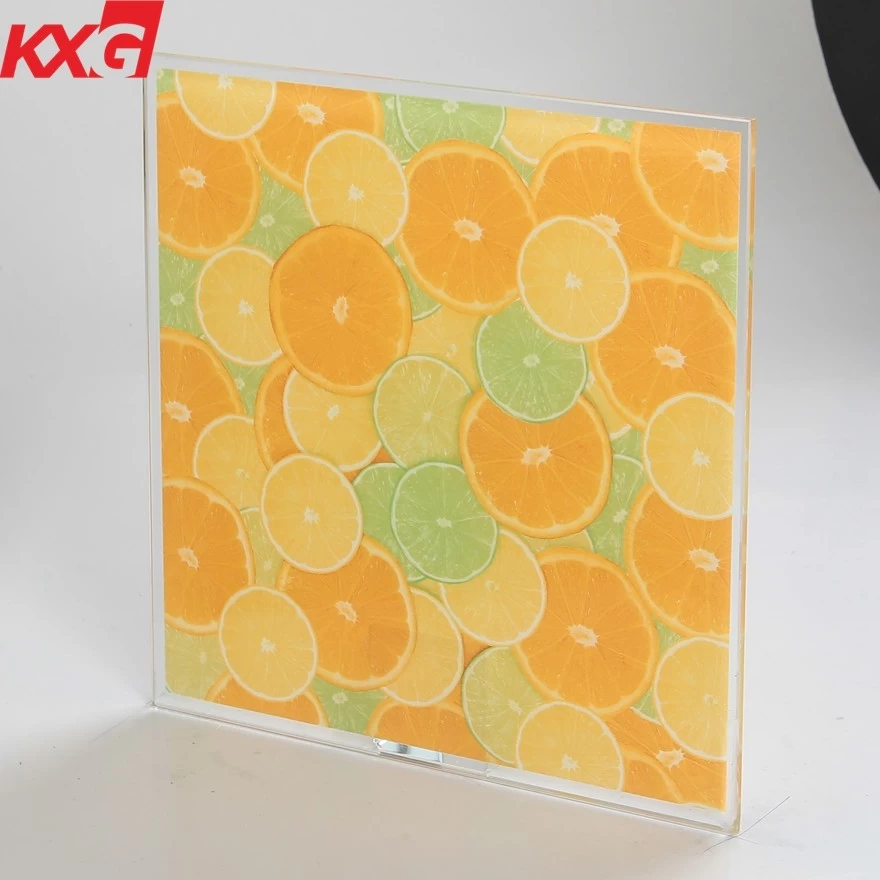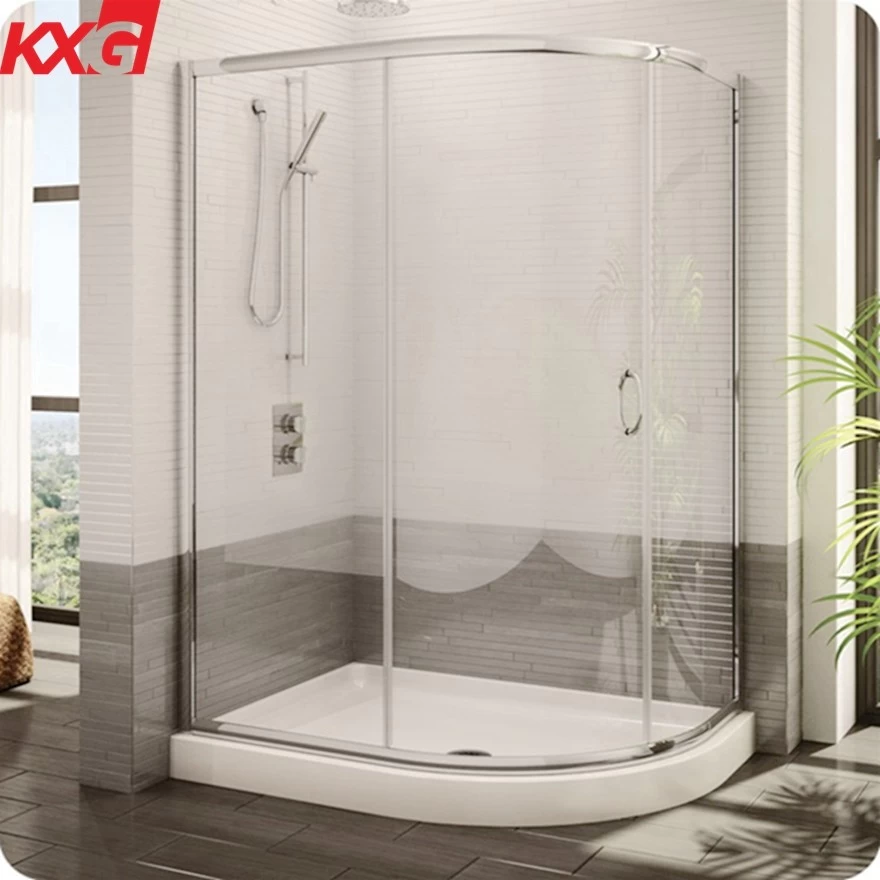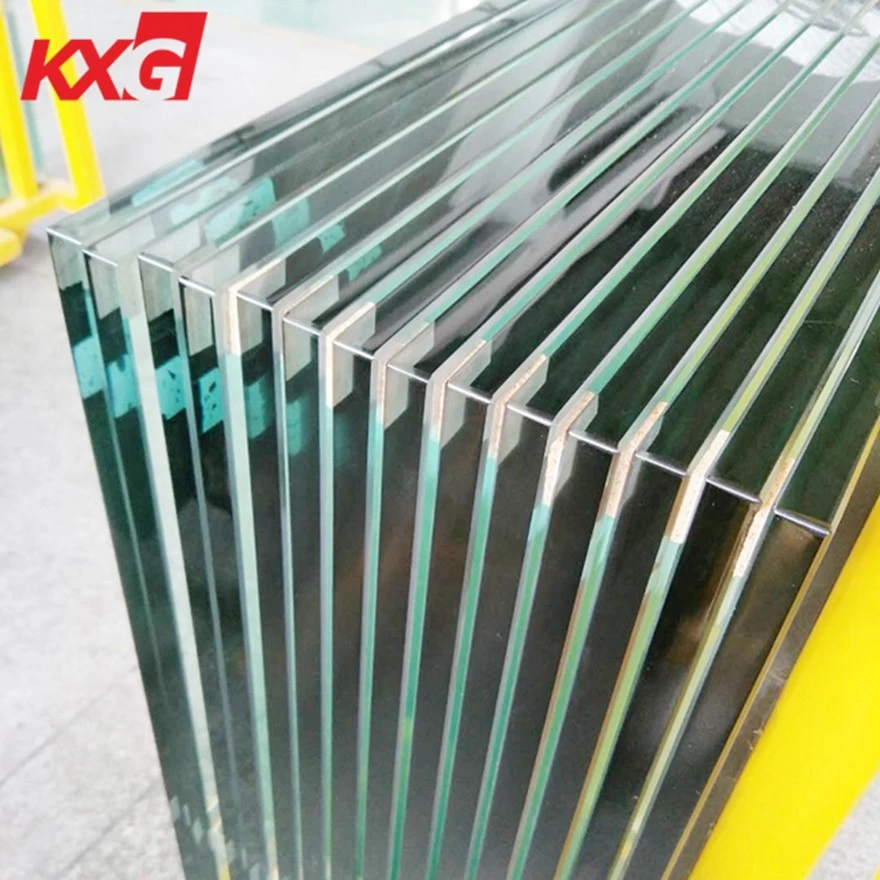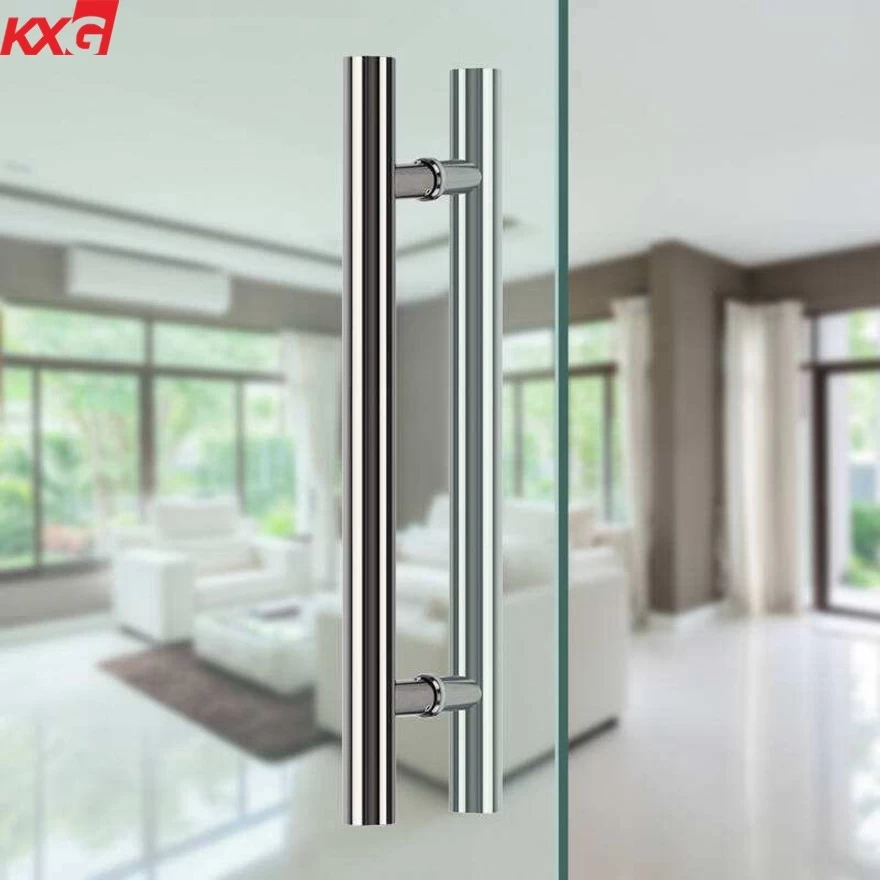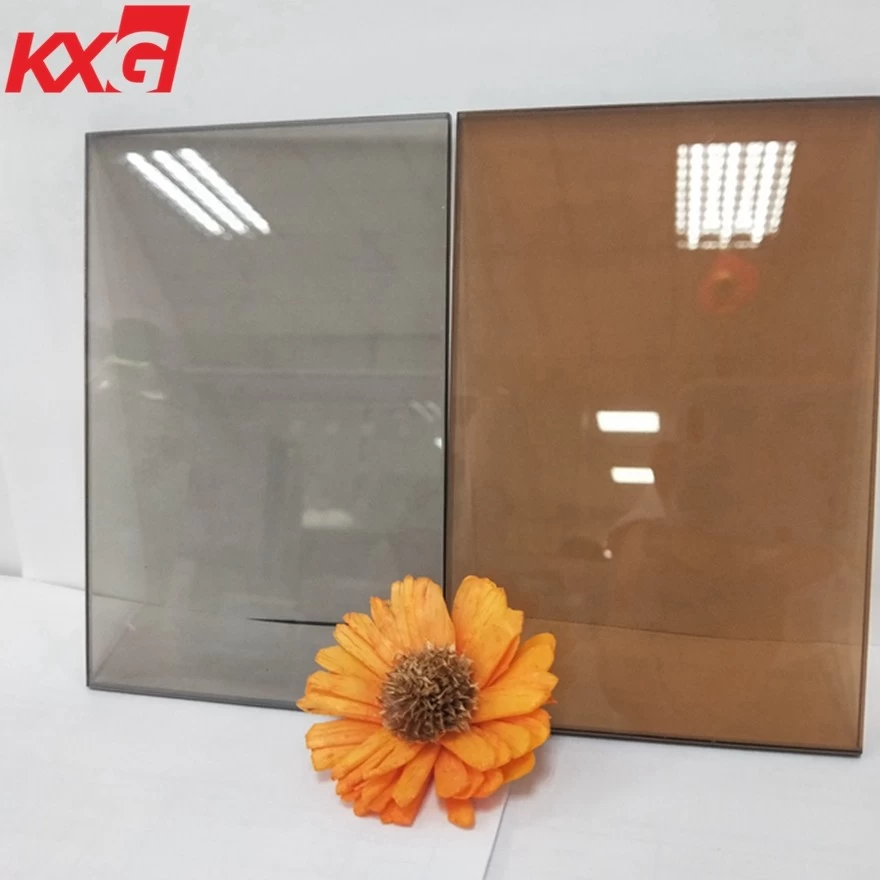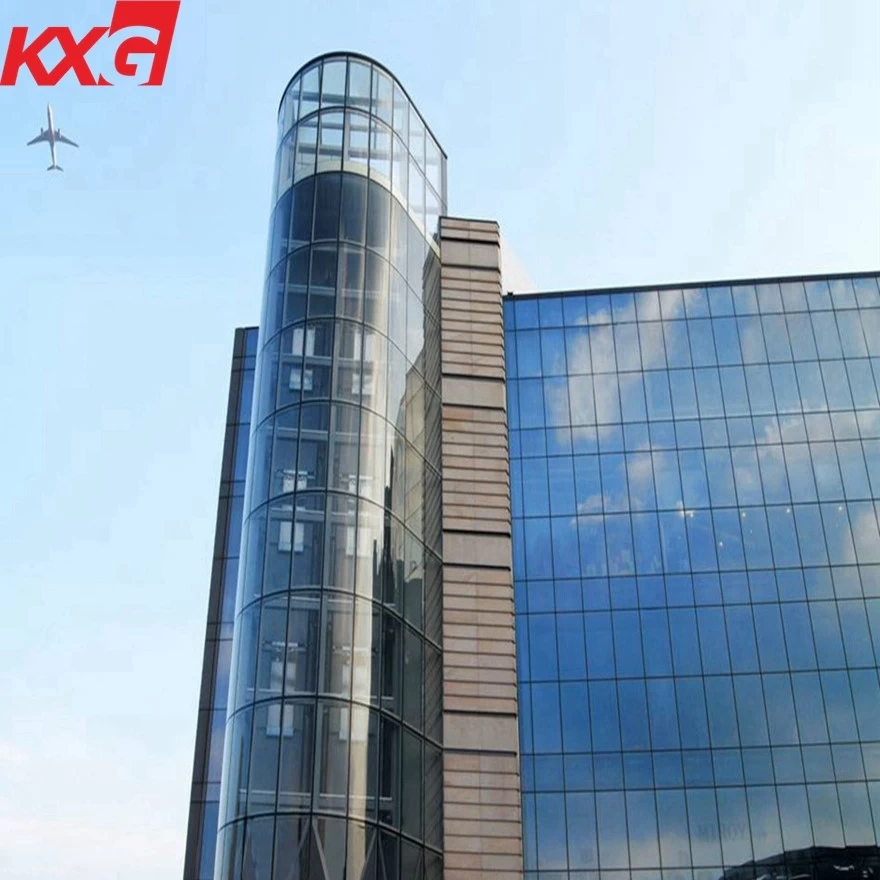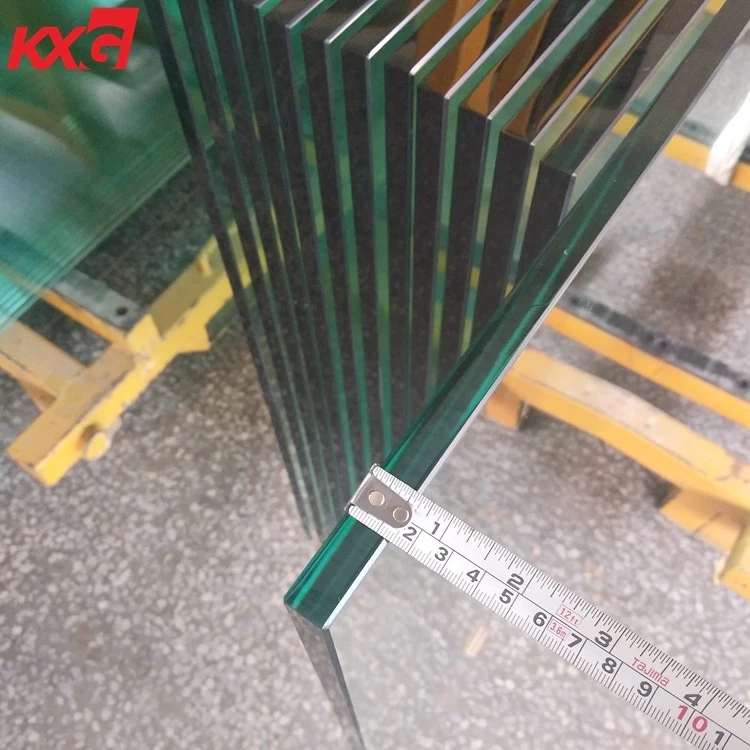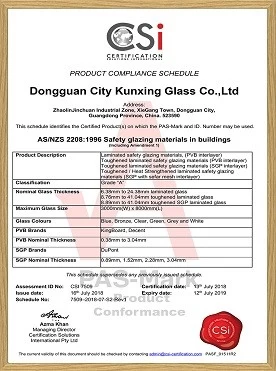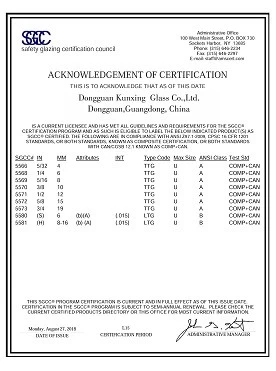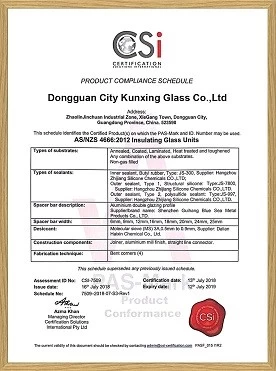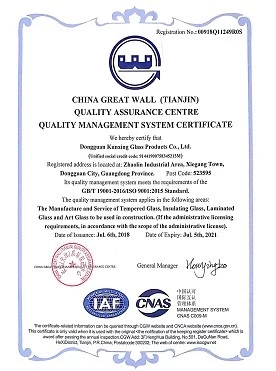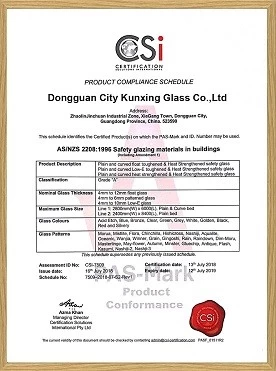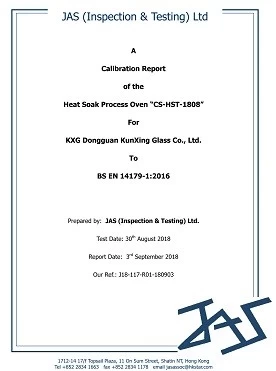Cold Areas Using The Low-E Energy-Saving Glass Advantage
Low-E glass is coated with one or more layers of low-emissivity material silver and metal oxide film on its surface, effectively reflecting long-wave infrared radiation while allowing visible light to pass through. This can reduce heat loss, thereby maintaining indoor warmth in cold regions and reducing heating energy consumption. The use of low-E (low emissivity) energy-saving glass in cold regions has significant effects. This special glass product not only improves the energy-saving performance of buildings but also enhances living comfort.
low e tempered double glazing glass curtain wall factory
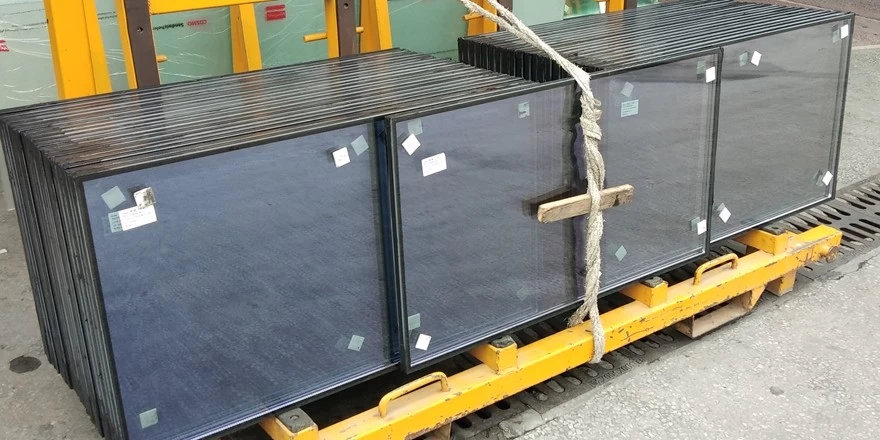
Low-E glass is generally used in structures such as insulating glass and vacuum glass and is called low radiation energy-saving glass. Low-E insulated glass exterior windows are commonly used in construction. Low-E insulated glass consists of two or more pieces of glass supported by spacer strips filled with desiccants at the edges, and sealed with sealant at the ends. Low-E insulated glass is a processed glass product with excellent energy-saving effects. External windows made of Low-E insulated glass not only improve living comfort but also have unique advantages.
1. Thermal isolation performance
Low-E glass has excellent thermal insulation performance, and through its special coating technology, it can effectively reflect indoor heat and slow down heat loss. This means that in cold regions, the temperature inside buildings can be better maintained at a comfortable level, thereby reducing heating demand.
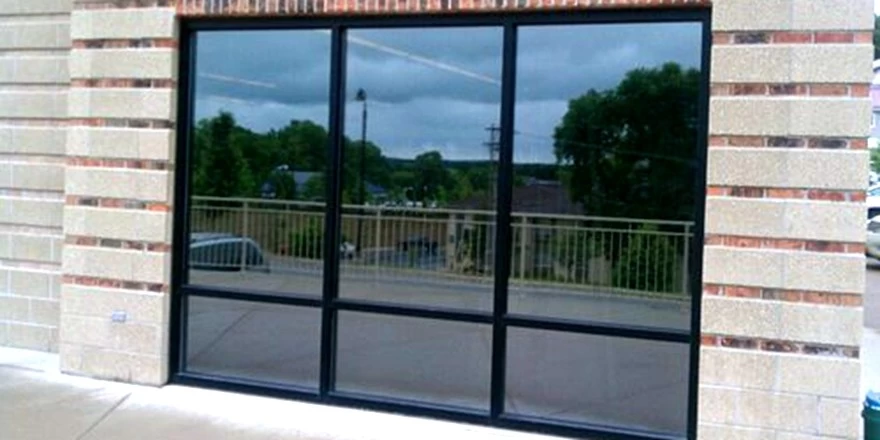
2. Energy saving effect
Using Low-E energy-saving glass can reduce heating energy consumption. According to statistics, windows using Low-E glass can save 10% -30% of heating energy, especially in cold climates, where its energy efficiency is more significant than ordinary glass.
3. Anti-condensation performance
Low-E glass can reduce the temperature of the window surface, thus reducing the occurrence of condensation phenomenon. In winter, the windows are usually exposed to the temperature difference, and the use of Low-E glass can effectively avoid this situation and keep the indoor environment dry and comfortable.
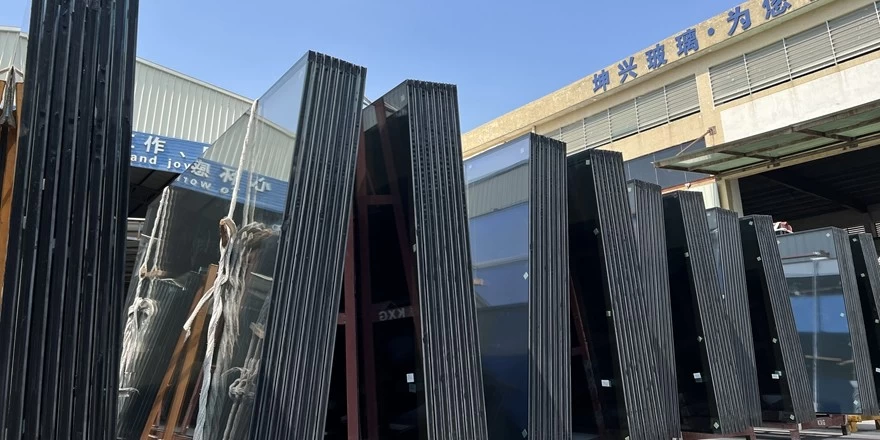
4. Improve the indoor comfort level
Low-E glass can effectively limit the transmittance of ultraviolet and infrared rays, and maintain indoor warmth, without affecting the transmittance of visible light, improving indoor illumination optimal and living comfort.
5. Enhance the sustainability of buildings
By reducing energy consumption, using Low-E energy-saving glass can help reduce greenhouse gas emissions and promote sustainable development. In addition, the ability to enhance the market value of buildings is increasingly valued due to their advantages in environmental protection.
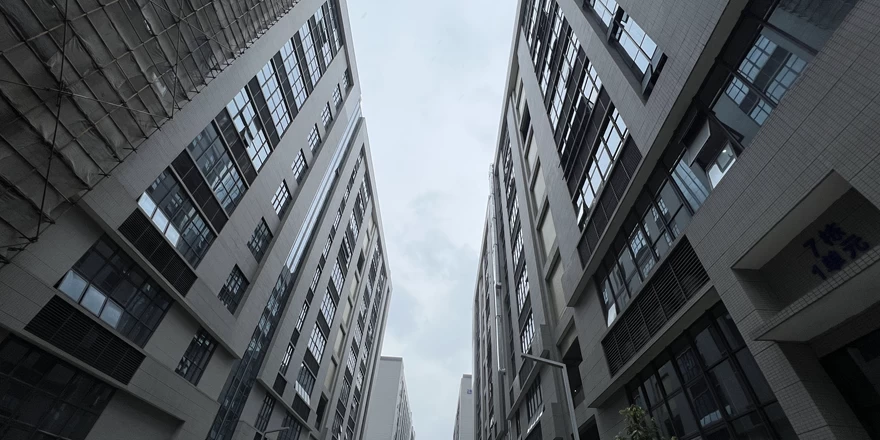
6. Sound isolation performance
Low-E glass also has certain advantages in sound insulation, which can effectively reduce the interference of external noise, especially for buildings located in noisy environments.
double silver low-E tempered insulated glass manufactured
7. Enhance the aesthetic appeal of buildings
The transparency and glossiness of Low-E glass can improve the appearance of buildings, making them more attractive in terms of aesthetics. In addition, the coating of Low-E glass can also exhibit different effects under different lighting conditions, providing more possibilities for the design of building facades.
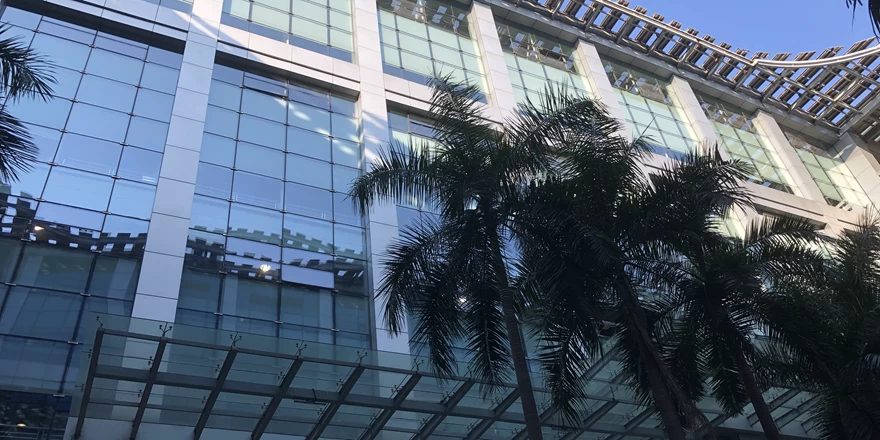
In cold areas, Low-E energy-saving glass can not only effectively improve building energy efficiency, and reduce energy consumption, but also improve living comfort and beauty, which is an indispensable material in modern architectural design. With the continuous development of technology, the performance and application scope of Low-E glass will continue to expand, and the effect of promoting building energy saving will become increasingly significant.

